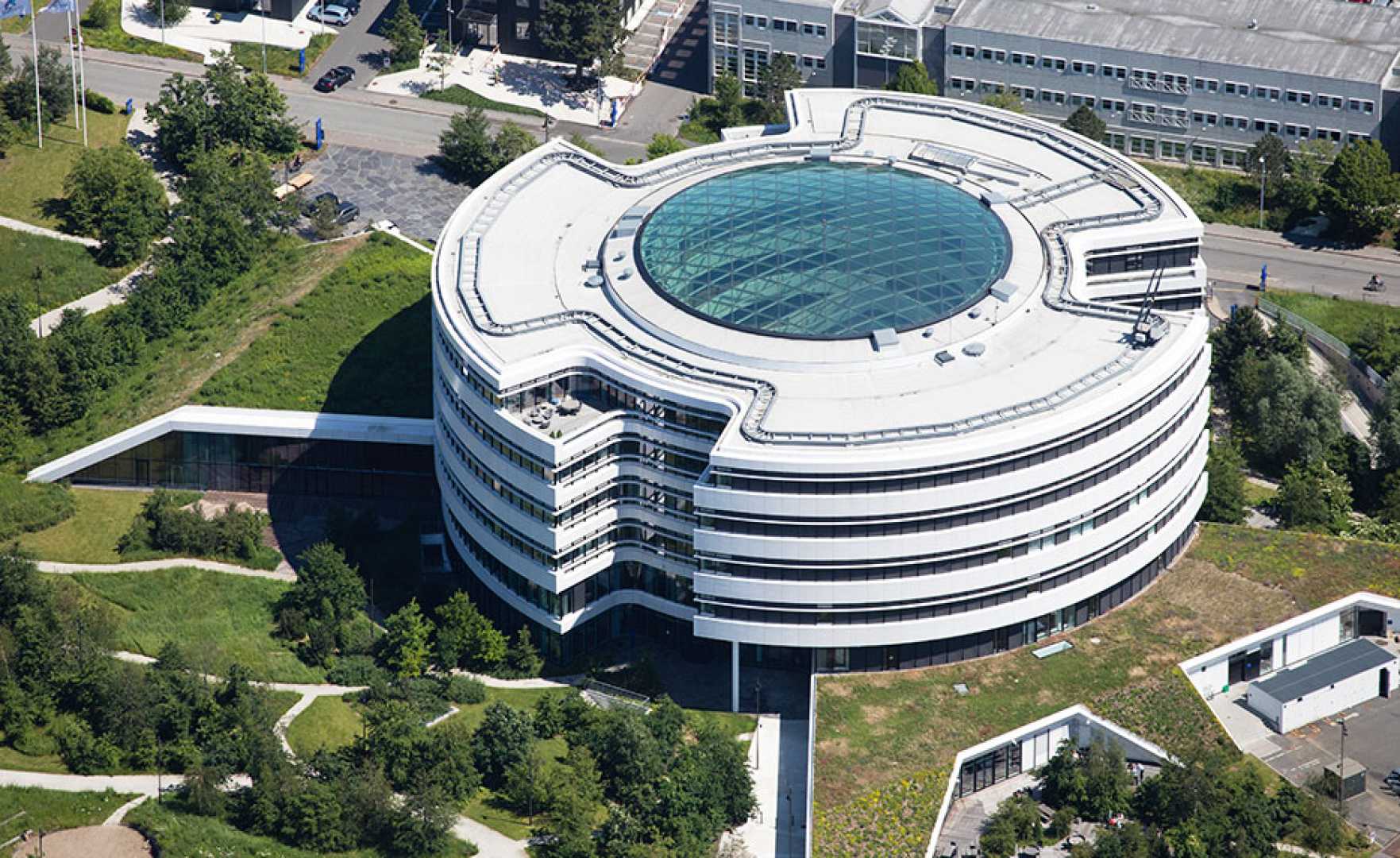Business
Novo Nordisk’s Meteoric Success and Its Impact on Denmark’s Economy

Novo Nordisk, the Danish pharmaceutical giant, has been making headlines with its unprecedented success, particularly with its blockbuster drugs Ozempic and Wegovy. These medications, designed for weight loss and diabetes treatment, have not only slimmed down millions worldwide but also significantly bolstered Denmark‘s economy. With a market capitalization of over $600 billion, Novo Nordisk now exceeds the entire GDP of Denmark, making it Europe’s most valuable company.
The company’s financial performance has been nothing short of remarkable. Last year, Novo Nordisk paid $2.3 billion in income taxes to the Danish government, contributing substantially to the country’s tax revenue. This success has also led to the creation of thousands of new jobs in Denmark, which is particularly significant for a small country with a population of around six million people.
However, this reliance on a single sector and company raises concerns similar to what Finland experienced with Nokia. In the late 1990s and early 2000s, Nokia dominated the global mobile phone market but saw a dramatic decline with the advent of smartphones from competitors like Apple. This led to significant economic impacts on Finland, including job losses and economic contraction. There are fears that Denmark could face a similar “Nokia risk” if Novo Nordisk’s fortunes were to change.
In Kalundborg, a coastal town in Denmark, Novo Nordisk has invested over $8.5 billion in manufacturing facilities, creating a local economic boom. However, the town faces challenges such as dilapidated schools, low wages, and high rates of childhood obesity. Despite these issues, the town is attracting international workers and is seen as a potential multicultural hub in the future.
The impact of Novo Nordisk extends beyond Denmark’s borders. The company’s success is shrinking entire sectors of the global economy, such as the fast food industry, as people become less hungry due to the weight-loss effects of its drugs. This has forced companies in these sectors to adjust their strategies to remain competitive.
While Novo Nordisk’s dominance is a point of pride for Denmark, there are also ethical concerns about the high prices of its drugs, making them unaffordable for some who could benefit from them. These concerns are part of ongoing discussions within the company and among policymakers).












